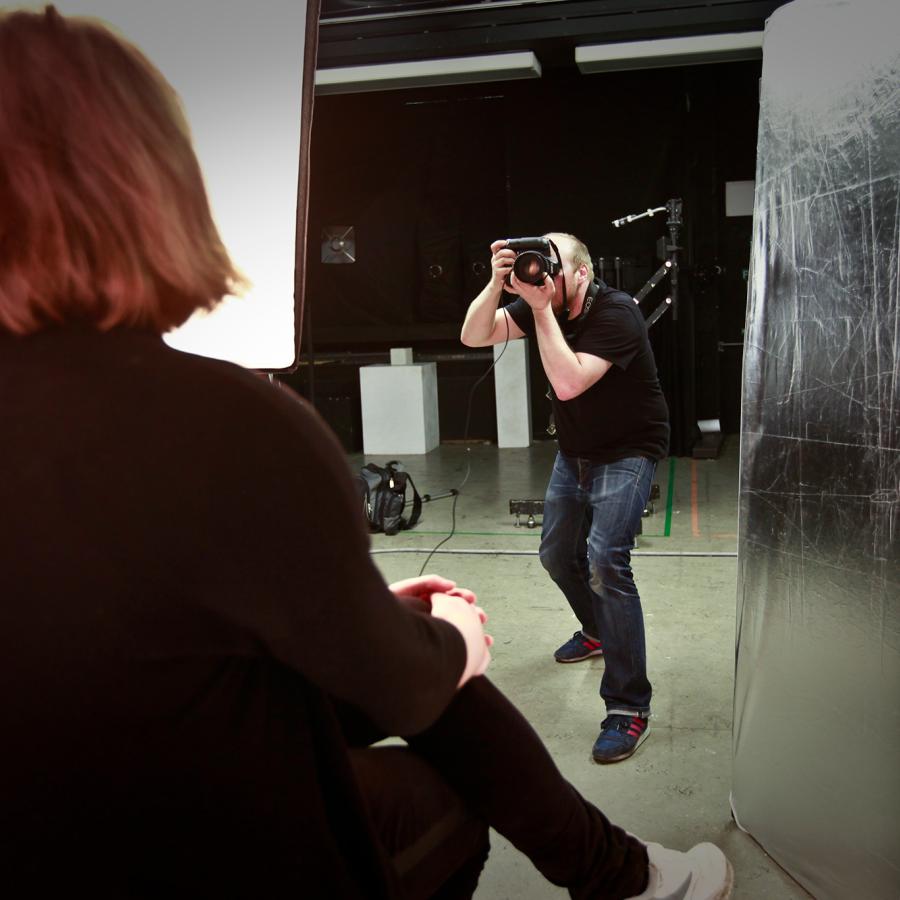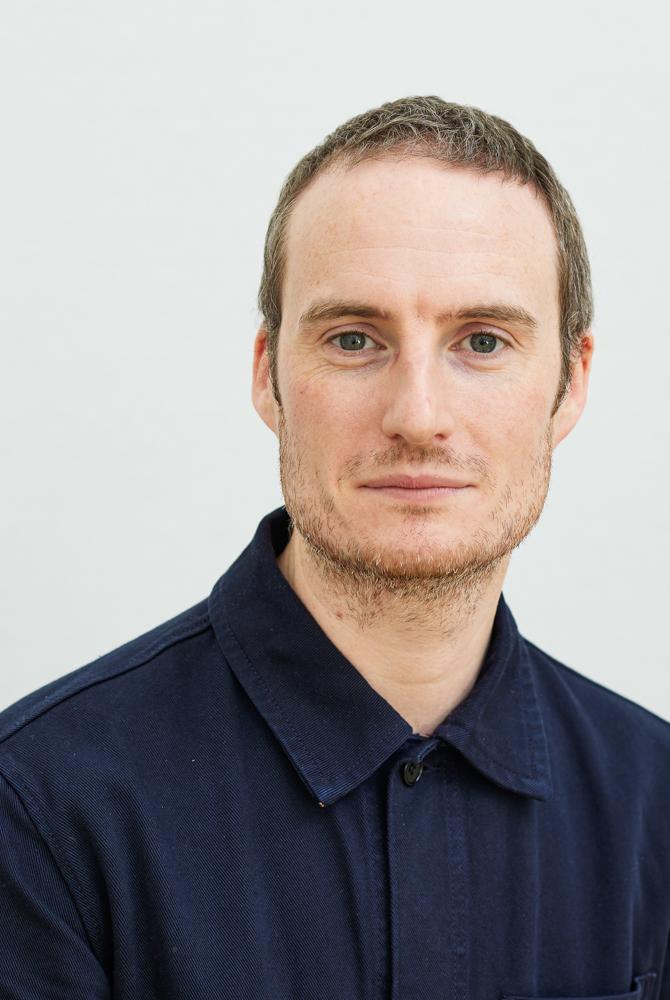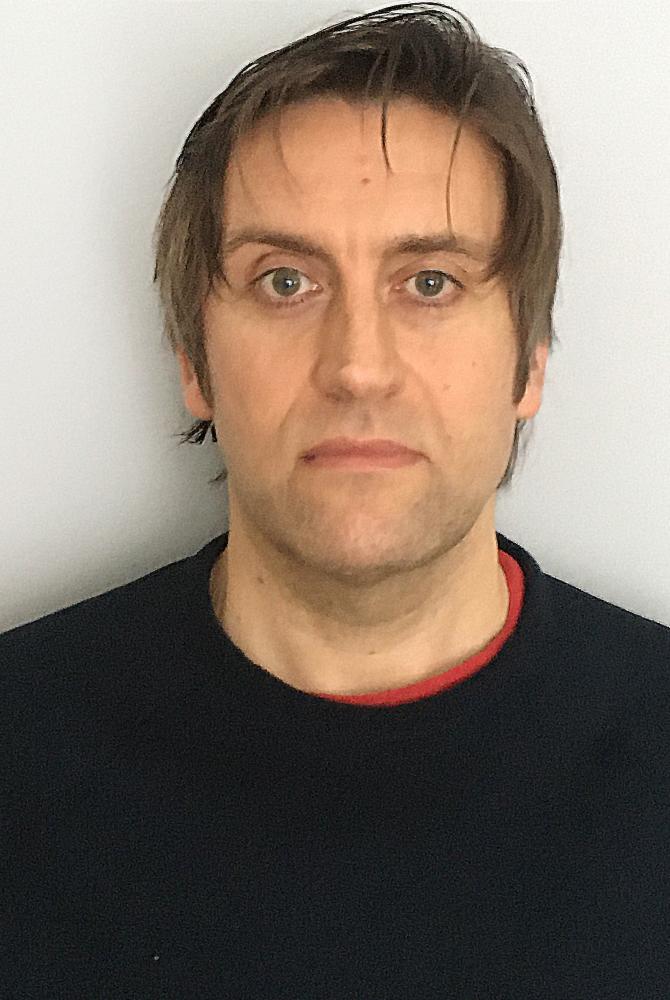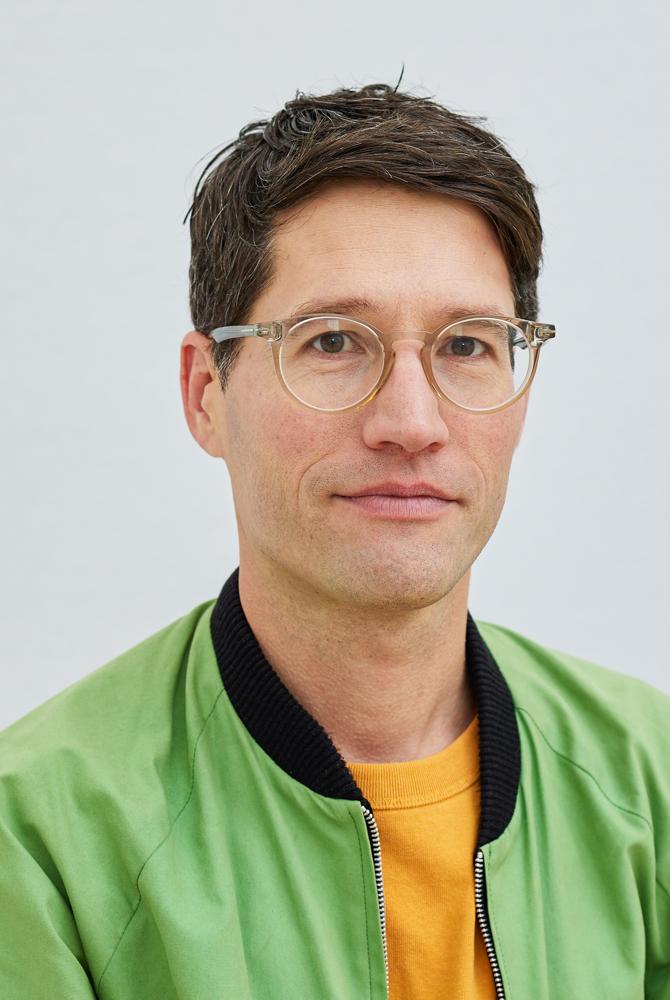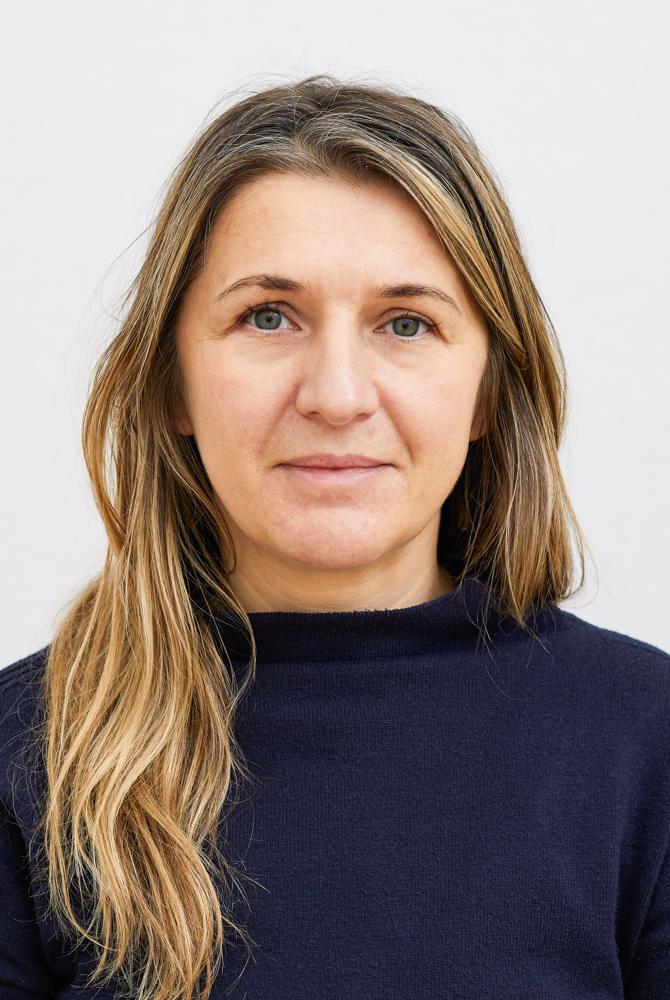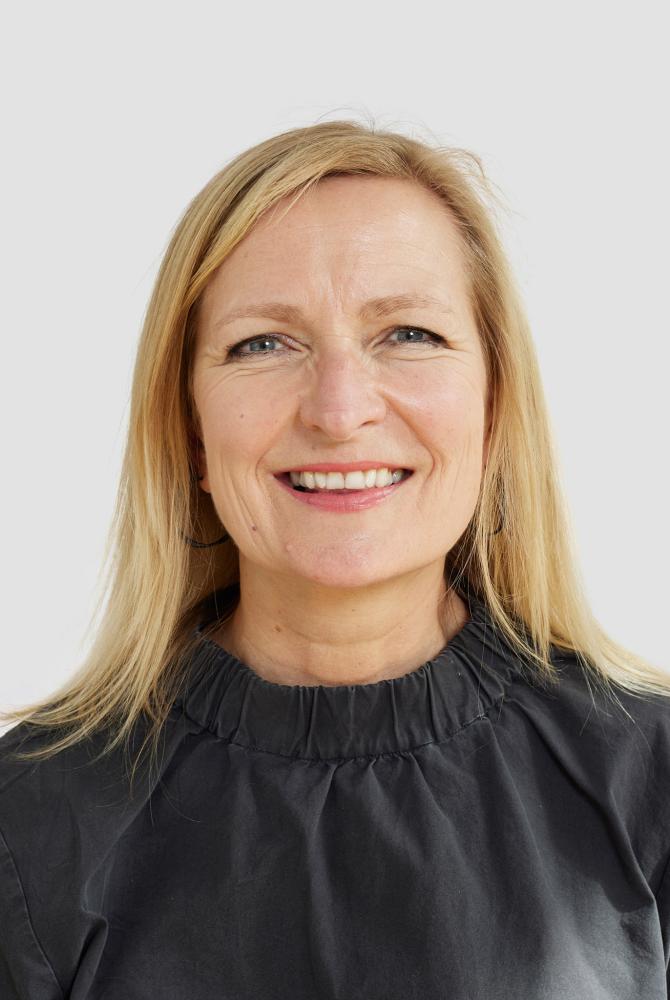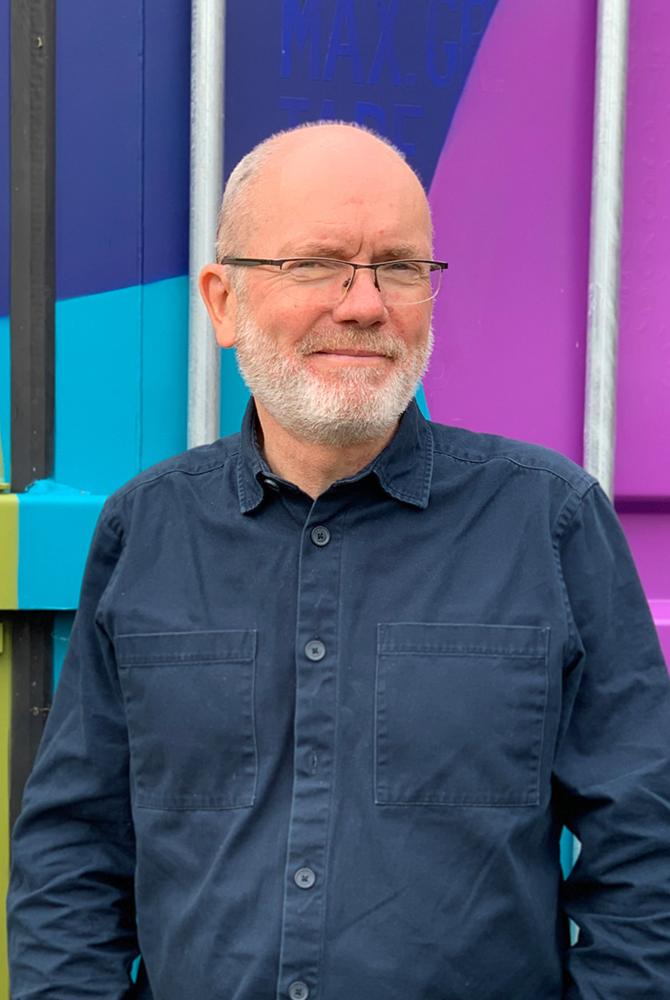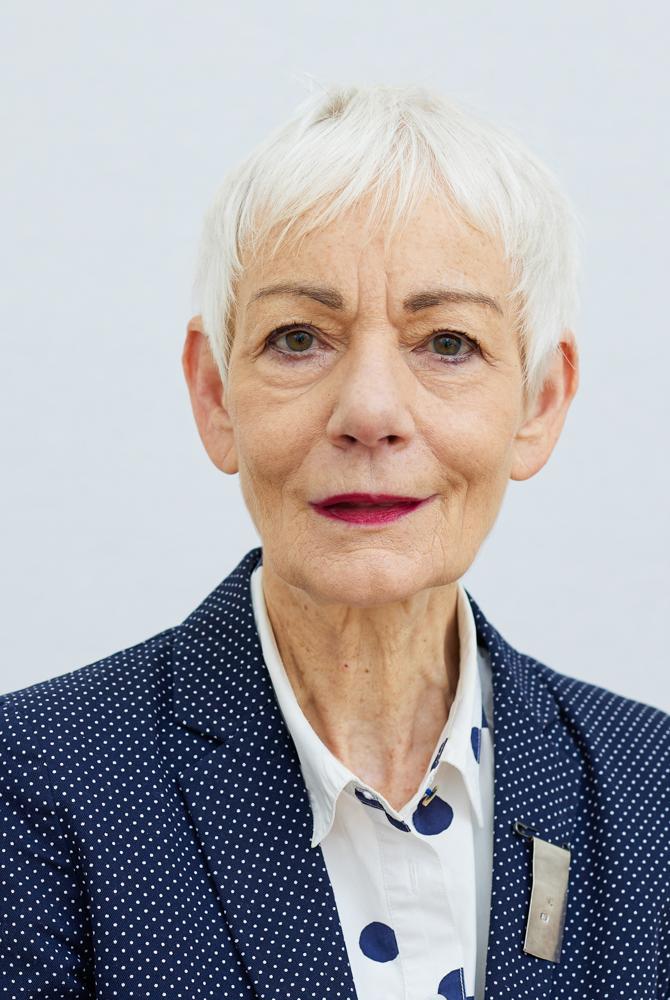Studying towards a degree in fine art is a highly transferable qualification, providing you with a significant foundation upon which to build a dynamic and fulfilling career.
Art careers
Many graduates pursue careers as artists, completing residencies and commissions. A high percentage of our graduates are establishing themselves in studios, workshops and artist-led organisations, and are developing international profiles as exhibiting artists and creative practitioners.
Many of our graduates also enter other art-related professions, including (but not limited to):
- teaching (from primary to tertiary education)
- art education in community settings
- work in galleries and other art organisations
- jobs in the wider creative industries
- postgraduate study and research
Find out more about art careers on the ECA alumni website
Skills
Our BA (Hons) Fine Art degree provides a progressive education in, and induction into, contemporary fine art practice.
You will develop:
- analytical and practical skills
- the ability to work with others in an organised manner
- lateral thinking skills
These attributes can be applied to a wide range of career possibilities.
Other career paths
A BA (Hons) Fine Art allows our graduates to work across a range of exciting roles, jobs and opportunities both nationally and internationally in vibrant sectors. These can include working within the cultural sector as either a freelance artist or within organisations and institutions such as galleries and museums that support public development and engagement with the arts.
Students of fine art are not limited to pursuing careers only in art. The liberal arts basis of our degree, combined with the technical skills and competencies you will develop during your studies, provides you with a range of options when you graduate.
The cultural sector and the creative industries are the primary sectors employing graduates from programmes such as our BA (Hons) Fine Art.
Careers Service
Our Careers Service can help you to fully develop your potential and achieve your future goals.
The Careers Service supports you not only while you are studying at the University, but also for up to two years after you finish your studies.
With the Careers Service, you can:
- access digital resources to help you understand your skills and strengths
- try different types of experiences and reflect on how and what you develop
- get help finding work, including part-time jobs, vacation work, internships and graduate jobs
- attend careers events and practice interviews
- get information and advice to help you make informed decisions
Visit the Careers Service website
Further study
After you complete your programme, you may want to go onto further study at Edinburgh or a different university. You could progress to:
- a masters degree
- a postgraduate diploma or certificate
- a PhD
- a second undergraduate degree
Find out about options for further study
Postgraduate degrees you might be interested in could include:






